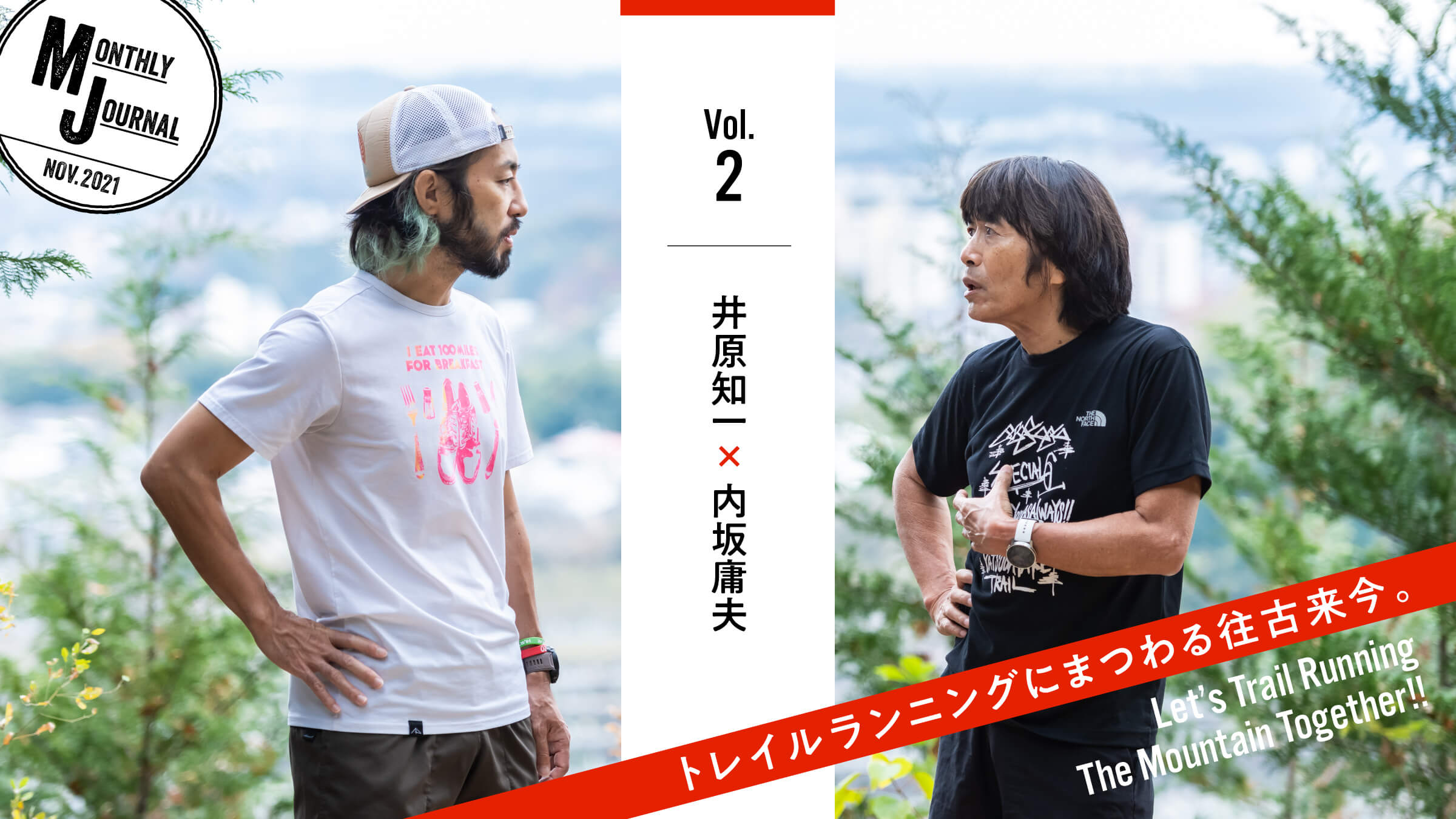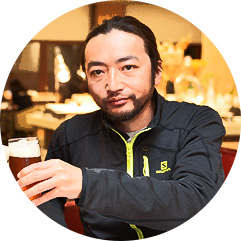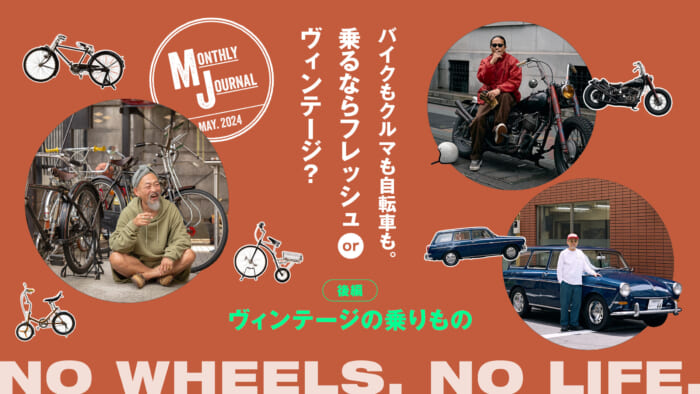A sense of fulfillment that comes slowly , fascinated by the 100 miles.
. Anyway, the second boom was the age of ultras. Ihara-san, what drew you to ultra trails, or rather, to 100-mile races?
Ibara:At the time, my next challenge was to increase the distance from the 15-kilometer race in Motto, so I ran 100 kilometers. Afterwards, I remember hearing from an acquaintance that there was a 100-mile race in the world, and we got very excited. . This was before the UTMF (Ultra-Trail Mount Fuji) was held. It was before Kaburaki-san had even run the 100-mile race, but there were runners running 100 miles in Japan, and I was shocked to hear that such a distance existed. I was shocked. I was shocked to hear that such a distance existed in Japan, and I decided to run the HURT 100 in Hawaii as my first 100-mile race, so I decided to run the CHIMERA 100 MILE in California, but before that, I wanted to practice for the 100-mile race. So I decided to run the 100-mile race between the Tama River and Ome, which I am used to running, and back. It was fun because it was hard, and when I was doing it, I didn't want to run it again (laughs), but the sense of accomplishment afterwards was irresistible, and the sense of fulfillment came a week or two afterwards. Even though I wanted to quit so badly, I already enjoy looking at the map and thinking about where to run next, and I think, "What the heck! I'm at the point now where I'm thinking about doing it 100 times (laughs).
Uchisaka:Why 100 times (laughs)
Ibara:I was so happy to be a 100-miler. And running 100 miles makes you a 100-miler, but if you do 100 miles 100 times, you become a 10,000-miler. I'm a very simple person, so I thought it would be nice to become a 10,000-miler, so I started doing it (laughs).
Mr. Uchisaka, how do you see the current 100-mile faith?
Uchisaka:To be honest, I have never run 100 miles, not even once. Until then, I had covered and supported many UTMB races, including those of Kaburaki-san and Yokoyama-san. . At that time, I thought to myself, "Wow, these guys are amazing. Don't they stay up all night?" And that made me think that maybe I could do 100 kilometers, too. I entered the CCC and finished it, even though it was a terrible CCC. Until then, I knew a lot of things, but I was only an editor. I was very happy to finally be able to talk to them, to be a part of their world, a friend who has eaten from the same kiln as me. I was very happy to be able to feel that way.
. so when you run 100 miles, I think you will be much happier. That's how trail runners feel about 100 miles . 100 miles, for many people, is a cloud. Not everyone can do it. What Mr. Ihara said about going to the Tama River and back and coming back, you can't do that alone. It is difficult unless one participates in such events or races. It is hard work to become a 100-miler, but I long for that sense of accomplishment.
Ibara:I have to rub the night in and I have to eat .
Uchisaka:Yup . You also need the understanding of your workplace and family. That's why I think there's an expectation out there that completing 100 miles would be a wonderful thing.
The number of trail runners is increasing, and there are now several 100-mile races in Japan, so the number of 100-milers is increasing rapidly, and 100-milers are not so uncommon anymore. Compared to the image of the 100-miler in your time and the admiration of the 100-miler in Mr. Ihara's time, I have the feeling that it has become very casualized.
Ibara:. When I first heard about the 100-mile race, I didn't really know what kind of training I should be doing. So anyway, I would go home at night on Fridays with people I knew, drop off my stuff, grab my trail running gear, and go all the way to Okutama to spend the night. I didn't know how long I should run or how far I should run, so I would just run until morning, and that's how I practiced. There were no textbooks to follow in the first place. At that time, magazines were the only source of information. Even there, there was not much information on 100 miles. Now I am a coach, so I have a manual that says, "First, do this six months in advance, then three months in advance, and so on. How can I be more efficient? Nowadays, there is a lot of information available, so I think the number of 100-miler runners is increasing because it is now within reach to find out what kind of training will help them complete the race efficiently. The number of finishers is also increasing, so I feel that just having someone to teach me is a shortcut.
. You have been producing more and more 100-milers through your "100 miles is easy (a bit of a lie)" training courses, haven't you?
Uchisaka:Knowledge, skills, and equipment may have made 100 miles more accessible, but you still have to run 100 miles on your own feet. ...... The final step is you. . I think that part of the challenge, or the enjoyment, is still there for all of us equally. The approach is easy, but the process to get there is hard, and the sense of fulfillment you get when you finish must be unbelievable.
. Most trail runners used to be in their mid-30s or older, but recently I have the impression that more and more young people are getting into trail running.
Uchisaka:I think it's Rui Ueda's influence that has led to more young kids in Vertical and Sky. Cool, making a living from trail running, admiration for the style of running to make money and support a family. He also has good looks. In the ultra world, 100-mile races are becoming more accessible, so it's easier for people to get involved. Of course, there is more and more information and training sessions.
Ibara:The 100-mile race used to be synonymous with harshness, but even so, it seems to have a more fun atmosphere than in the past. The outfits have become more fashionable as well. Nowadays, there are all kinds of flashy outfits and caps are cool, and this is one of the reasons why there are more people who think, "Oh, I'll try it," so I think more people are joining the club and there are more young people joining the club.
















